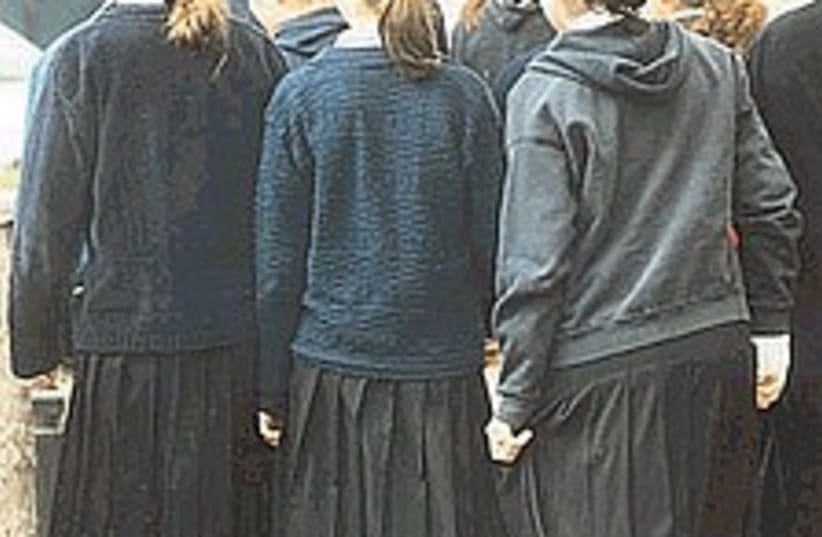| More about: | Ovadia Yosef, Uri Lupolianski, United Torah Judaism, Jerusalem |
Learning the hard way
Some Sephardi women are still not welcome in the haredi education system.


| More about: | Ovadia Yosef, Uri Lupolianski, United Torah Judaism, Jerusalem |